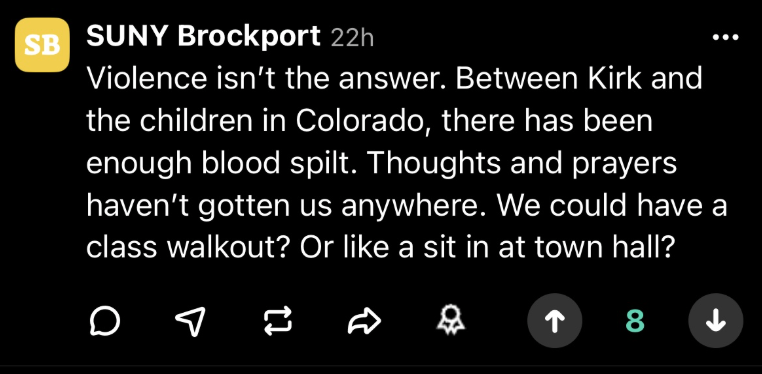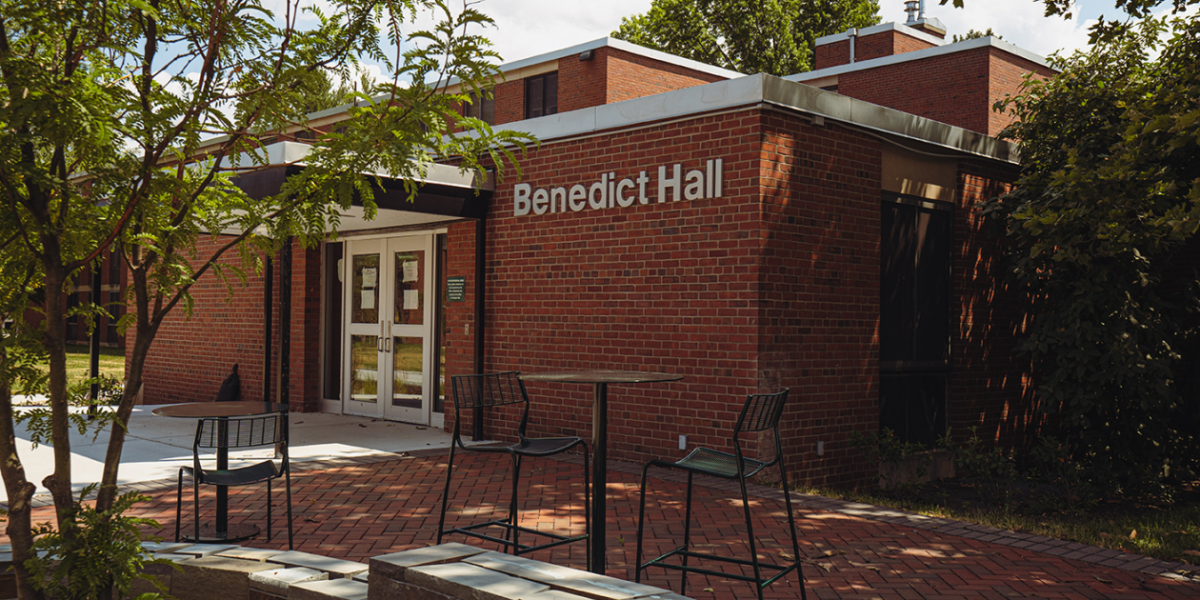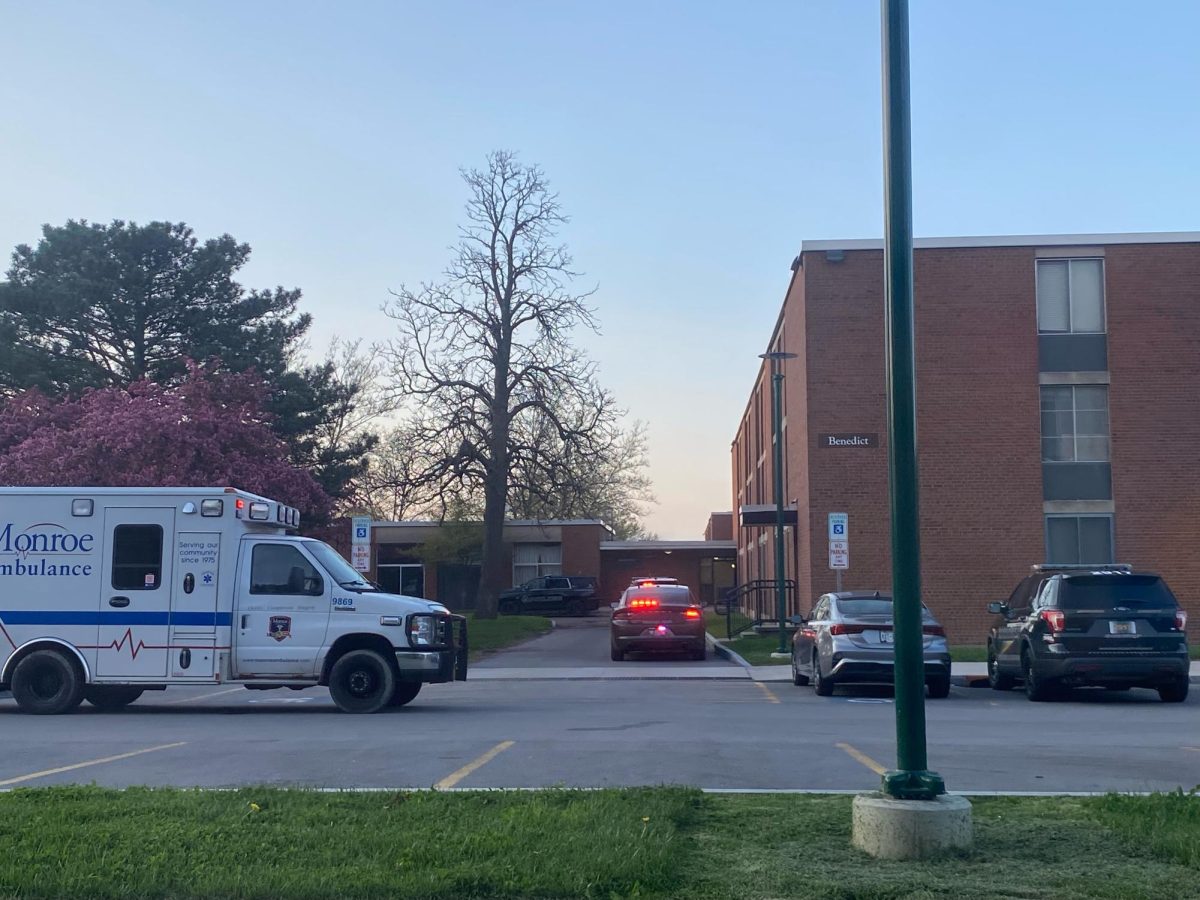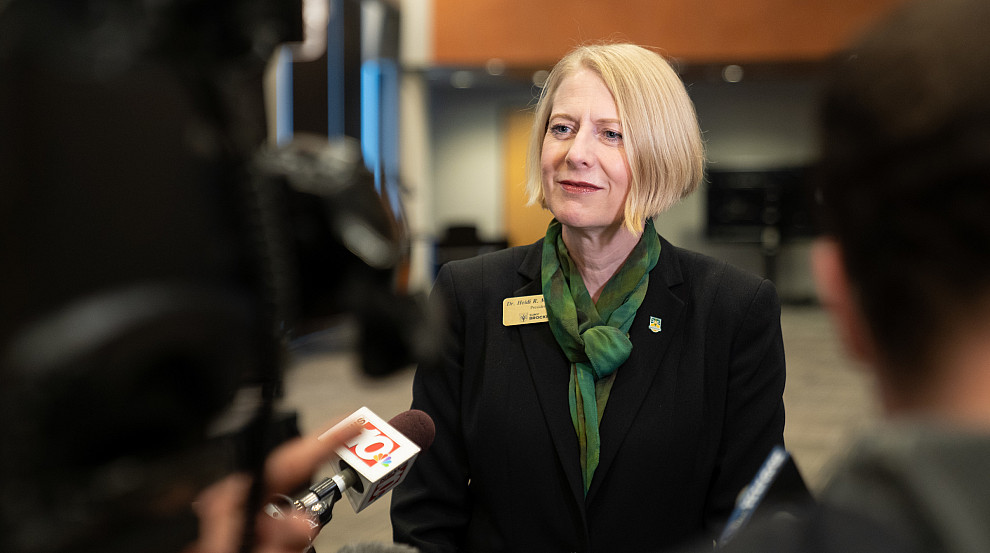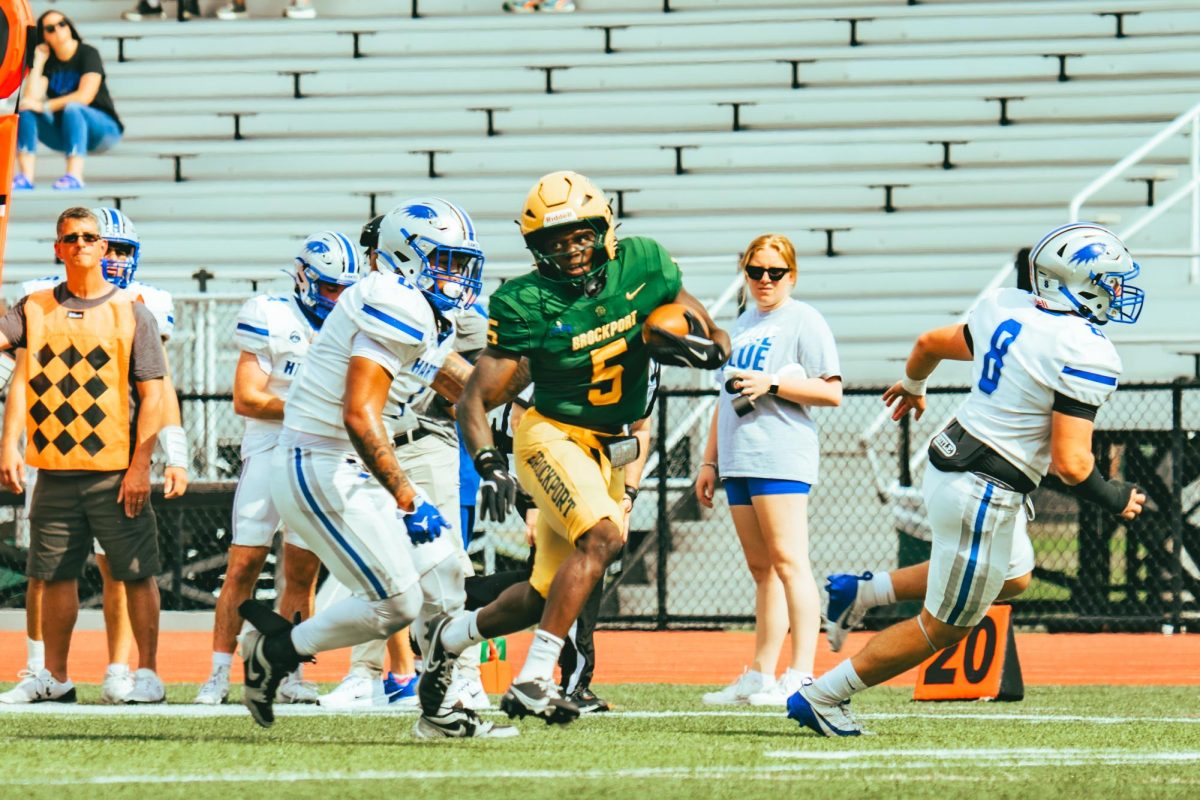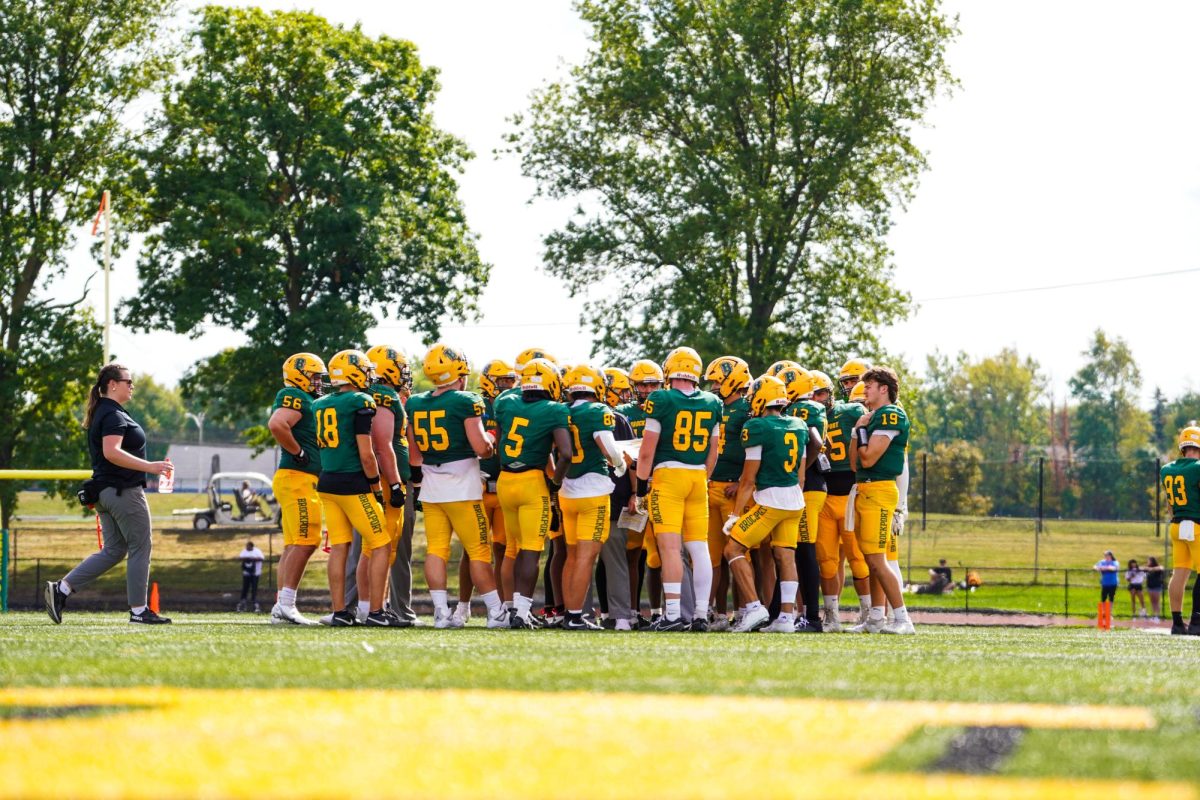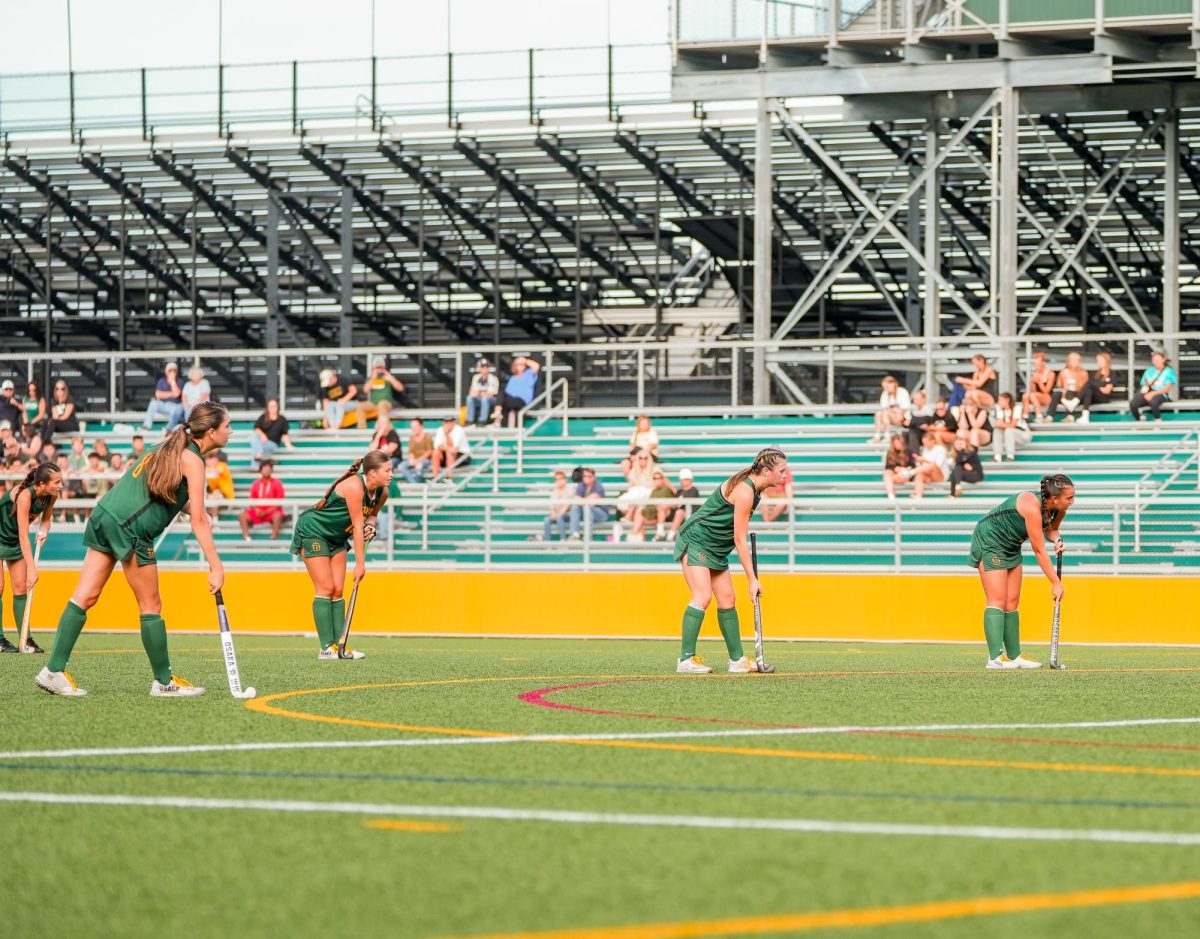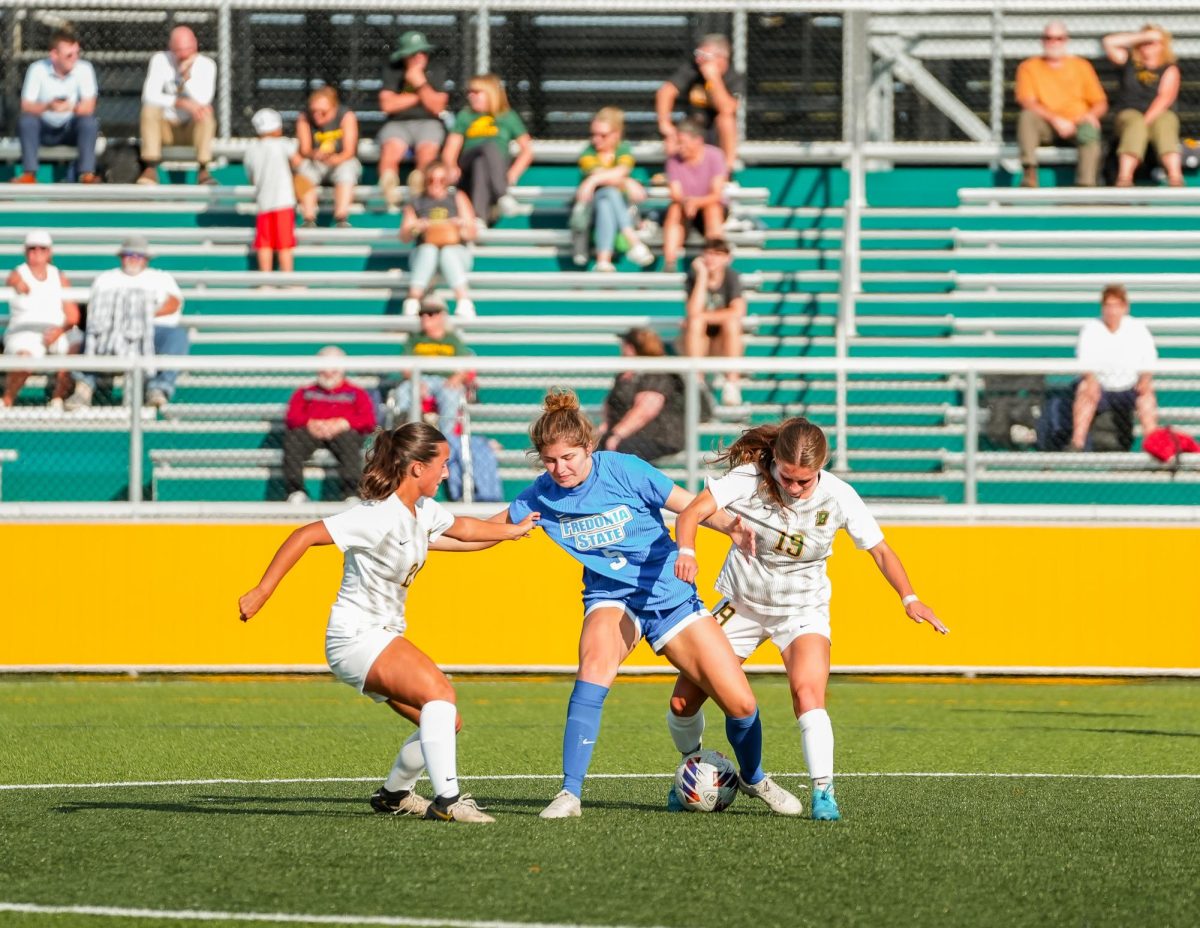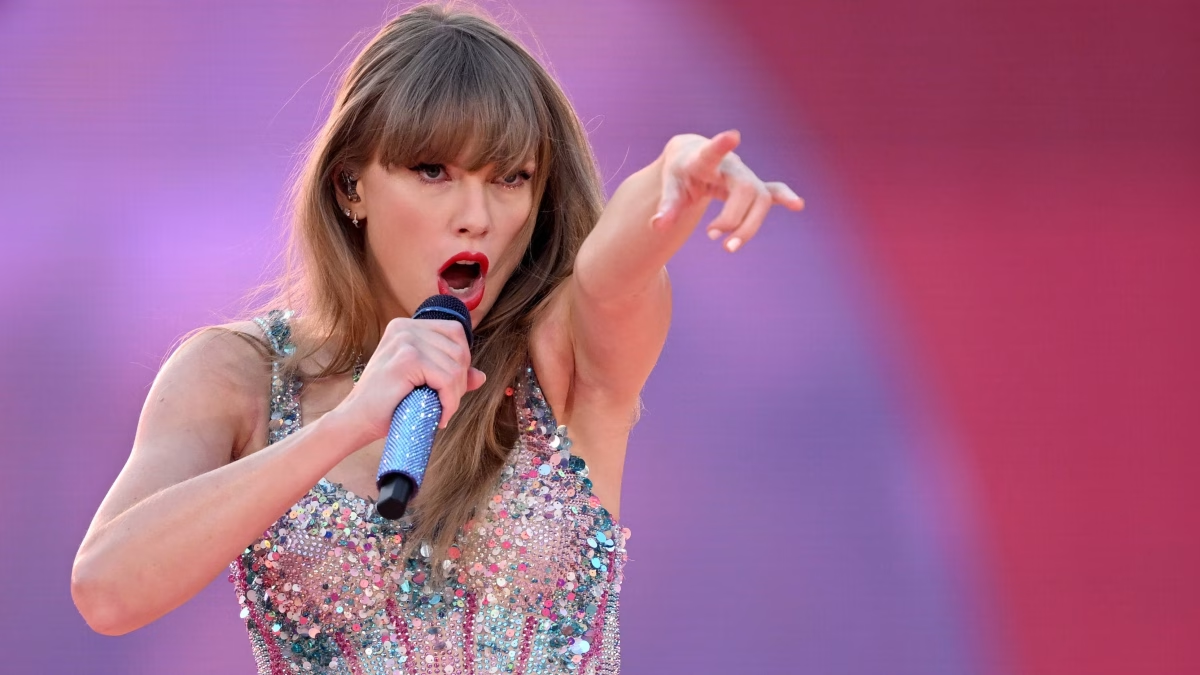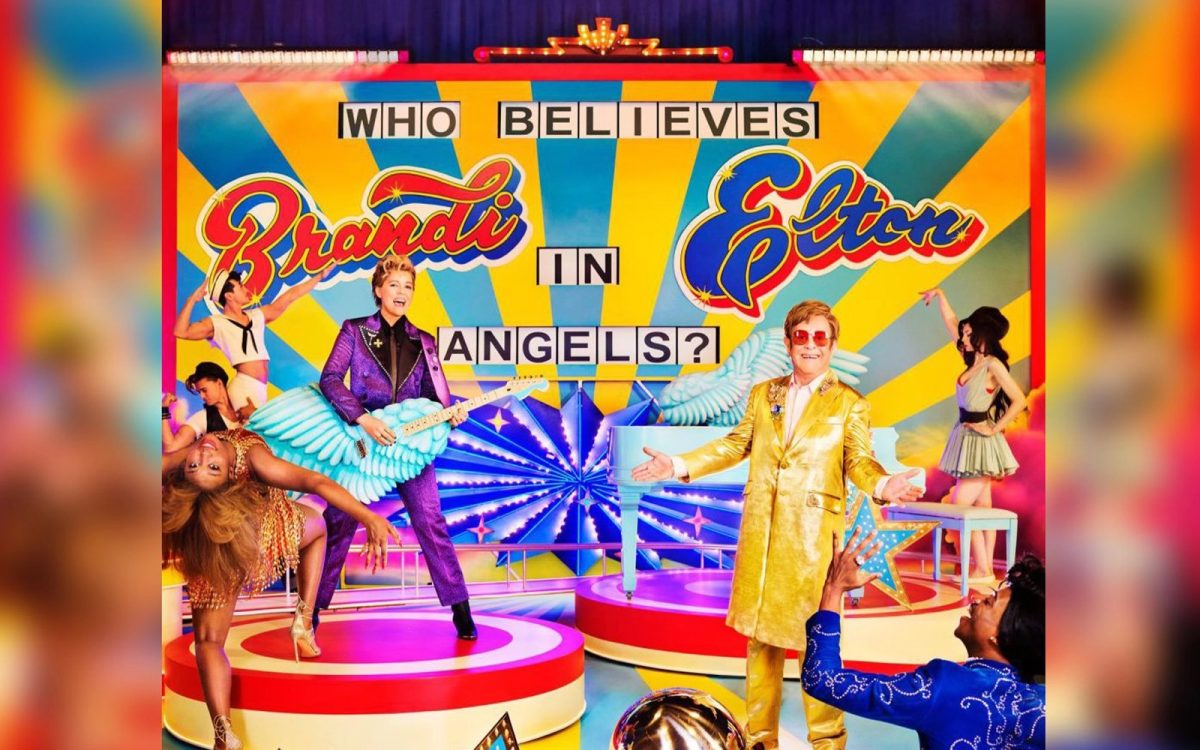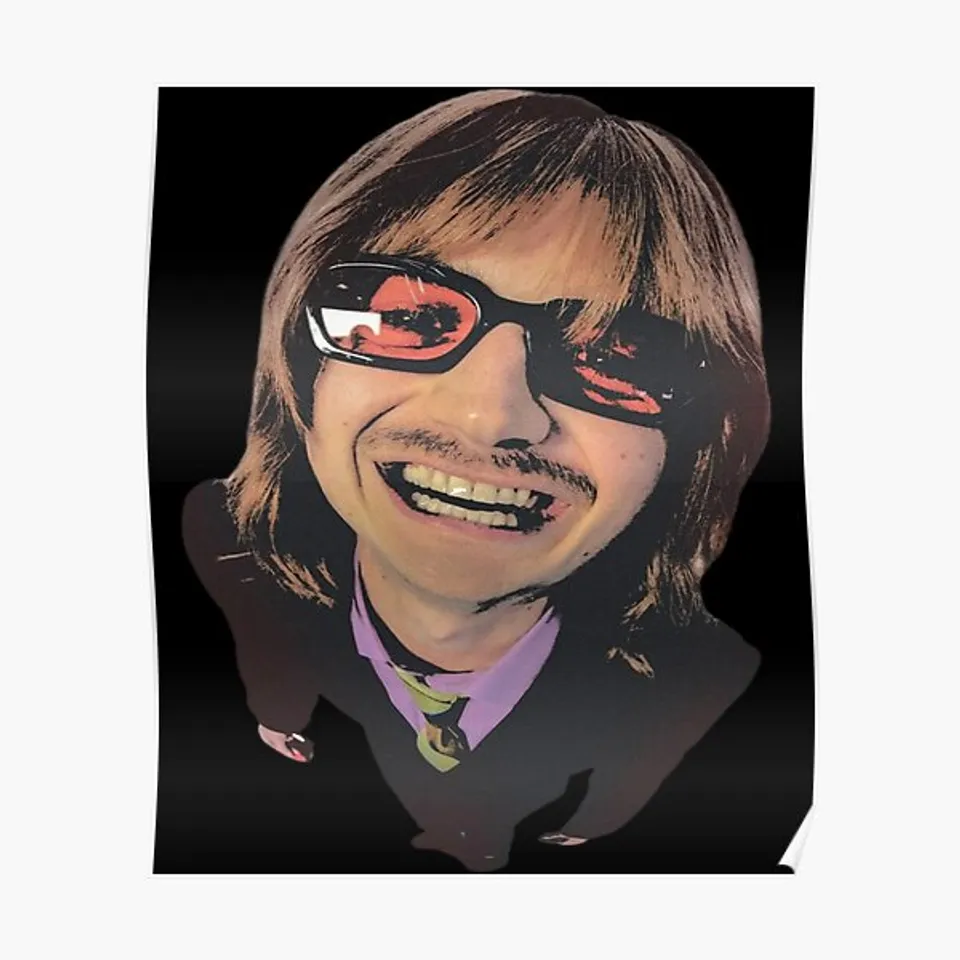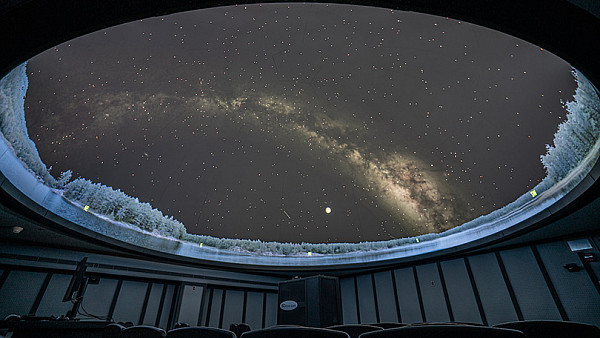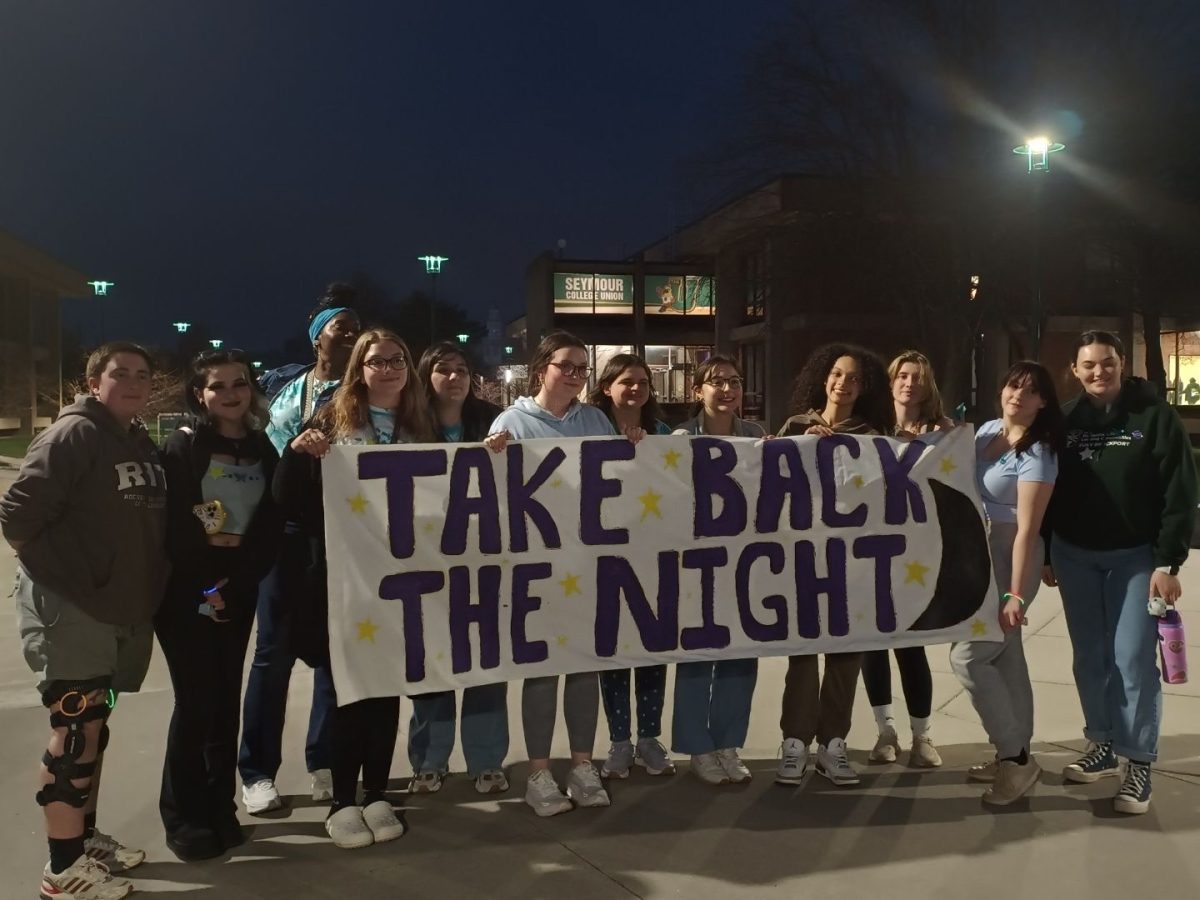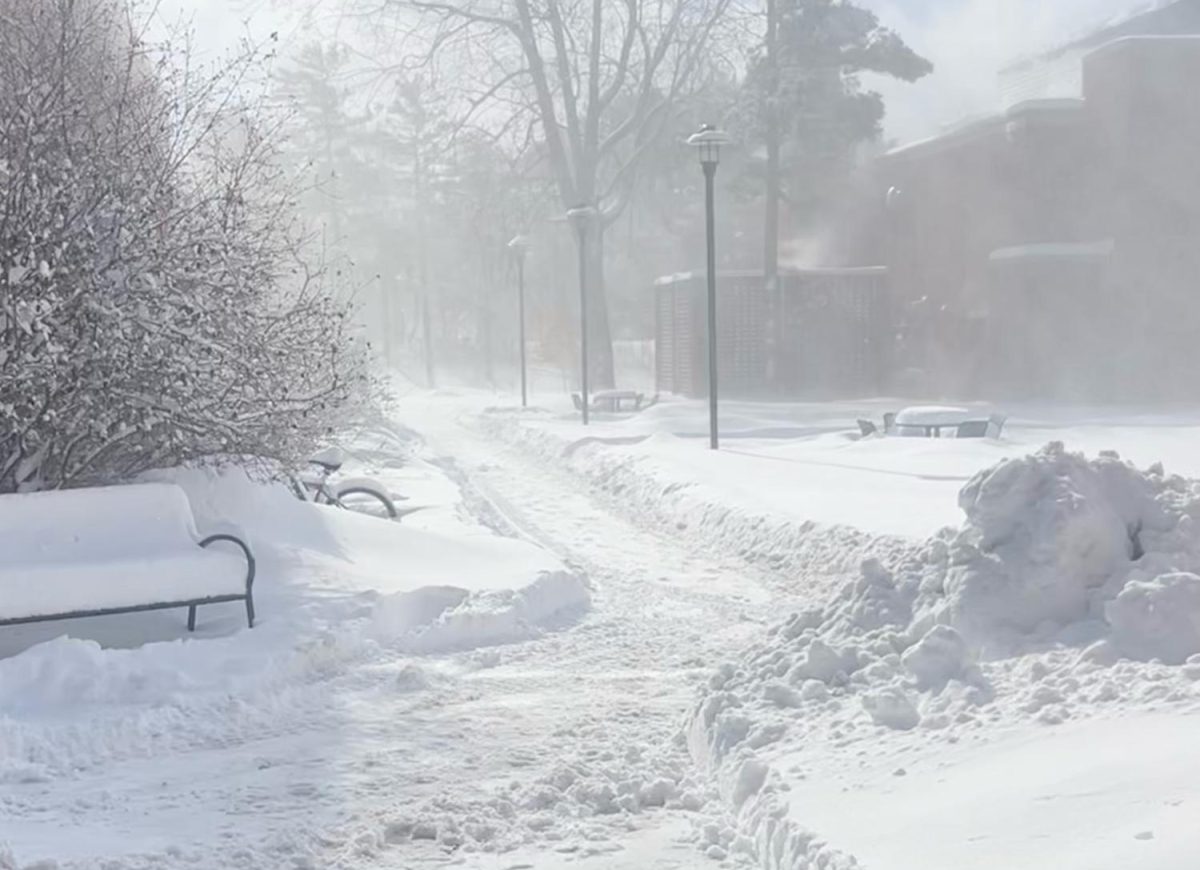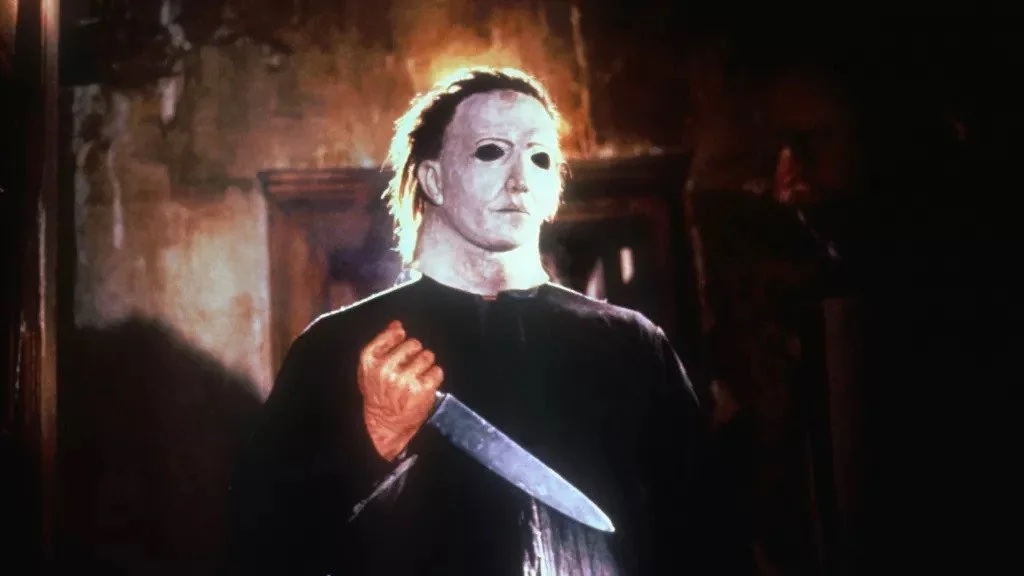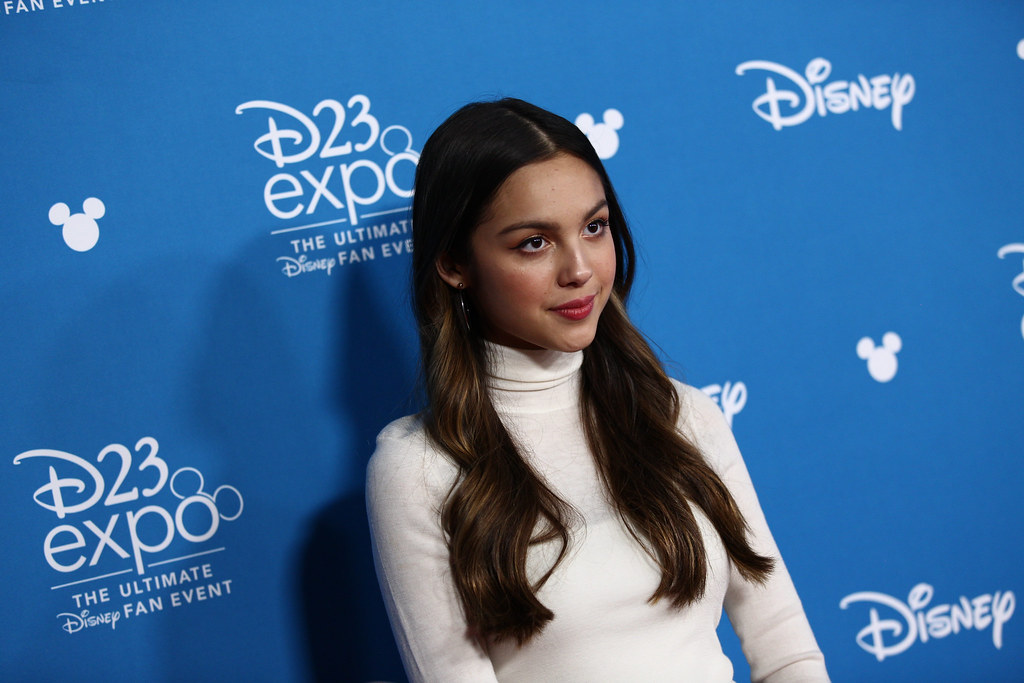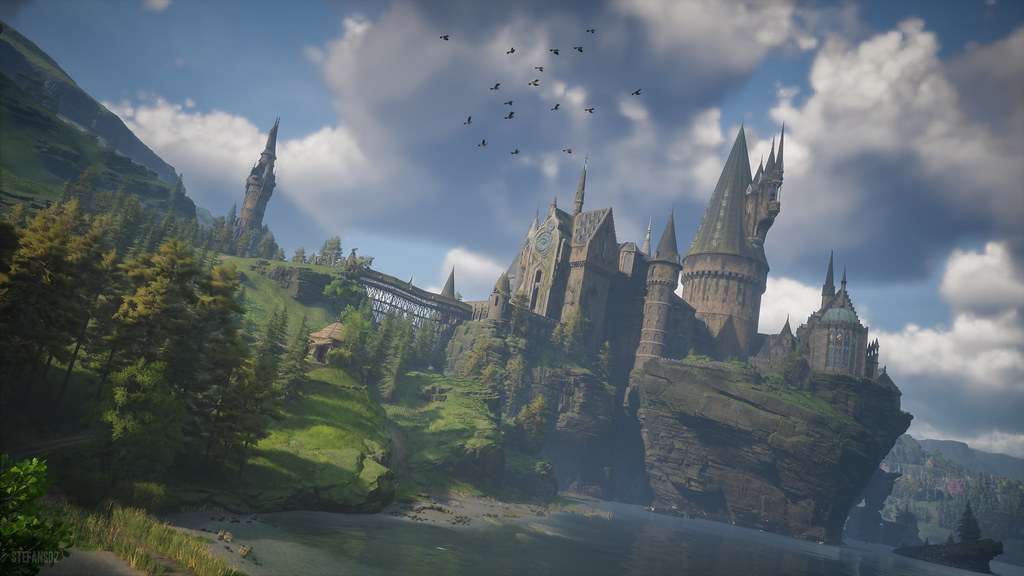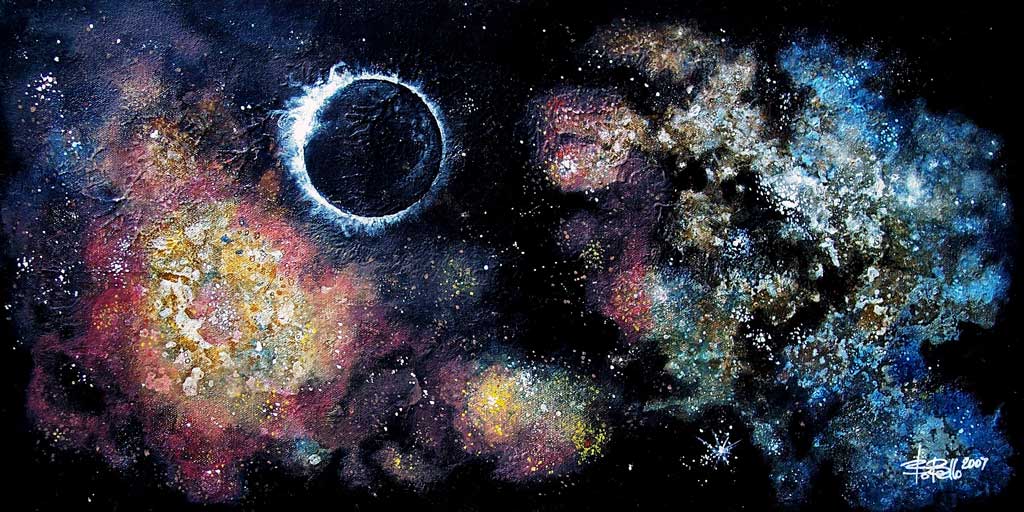This review contains spoilers for “Halloween Ends.”
“Halloween Ends” was doomed from the beginning.
I went to see this picture with two of my best friends at Brockport’s Strand Theatre. Come hell or global pandemic, going to the newest “Halloween” film every other year was tradition for us. After the fun, if redundant, excursion to see “Halloween Kills” last year, my expectations were rather low for the so-called “finale.” After all, the title “Halloween Ends” had to be bait, right? Writer-director David Gordon Green wouldn’t dare give the franchise a definitive ending. Except, to my surprise, he did just that. “Halloween Ends” was yet another unconditional end to the story that began all the way back in 1978. I just wish it had been better.
The “Halloween” franchise has had more than its fair share of “endings.” With 13 films in the series (including sequels, remakes and reboots) spread across a whopping five continuities, Green’s movie was bound to retread some old ideas. “Halloween Ends” was not the most original in the series, but it still managed to feel fresh. That’s a difficult for most sequels to achieve.
If there’s one thing that worked in this picture and in the entire “Halloween” trilogy, it was David Gordon Green’s ambition. In each film, he took a different narrative and stylistic approach. For the finale, Green seemingly drew inspiration from the black sheep of the franchise, “Halloween III: Season of the Witch,” and told a story more akin to a dramatic thriller than a slasher.
Instead of rehashing the plot of the previous film, Green instead chose to explore the concept of “evil” as an infectious, all-consuming force capable of corrupting anybody. Most unexpectedly, this film focused on an all new killer, Corey Cunningham (Rohan Campbell), and his descent into madness. Meanwhile, Michael Myers (James Jude Courtney) was largely absent.
To Green’s credit, this was a bold move that mostly worked,. that is, until he backtracked in the third act. In the span of five minutes, Green completely sidelined Corey and brought Michael back for one last showdown with Laurie Strode (Jamie Lee Curtis). There was sound logic behind the choice, but Green’s execution of the idea left much to be desired. The switch felt random, and the film’s resolution was far too convenient.
From the beginning, Green leaned heavily on the idea that Michael Myers was not human, but a supernatural force. “Halloween Ends” was no exception. I think that’s why the ending was so disappointing to me. Throughout the trilogy and throughout this film, Michael was touted as an unstoppable evil, but then he was defeated rather easily in the last fifteen minutes—for no other reason than that the plot required it.
However, I don’t think Green’s “Halloween” trilogy could have ended any other way. It was either this or another cliffhanger. How satisfying would that have been, really? That’s the curse of “Halloween” sequels, I suppose. The ending of the film was half-baked, and narratively unsatisfying, yes, but no “Halloween” sequel has avoided that pitfall, save for the aforementioned “Halloween III.” For what it’s worth, I think Green and company provided the strongest conclusion to the series.
Although this film tied up the loose ends from “Halloween” movies past, it doesn’t spell the end of the franchise. Yes, Green put the character of Michael Myers to rest, and Jamie Lee Curtis stepped back from her role as Laurie Strode, but in Hollywood, money has power.
Franchise creator John Carpenter explained (via ComicBook.com), “I didn’t expect there to be a sequel [to “Halloween” ‘78],” he said at Pennsylvania’s Steel City Convention. “I guarantee you if ‘Halloween Ends’ makes a lot of money, guess what? Just guess what.”
“Halloween” has ended for now—but who knows what the future holds for the franchise? There’s always a chance for another entry, with or without Michael Myers. “Halloween” was supposed to be an anthology series, once upon a time. If these movies have taught us anything, it’s that evil never dies.

